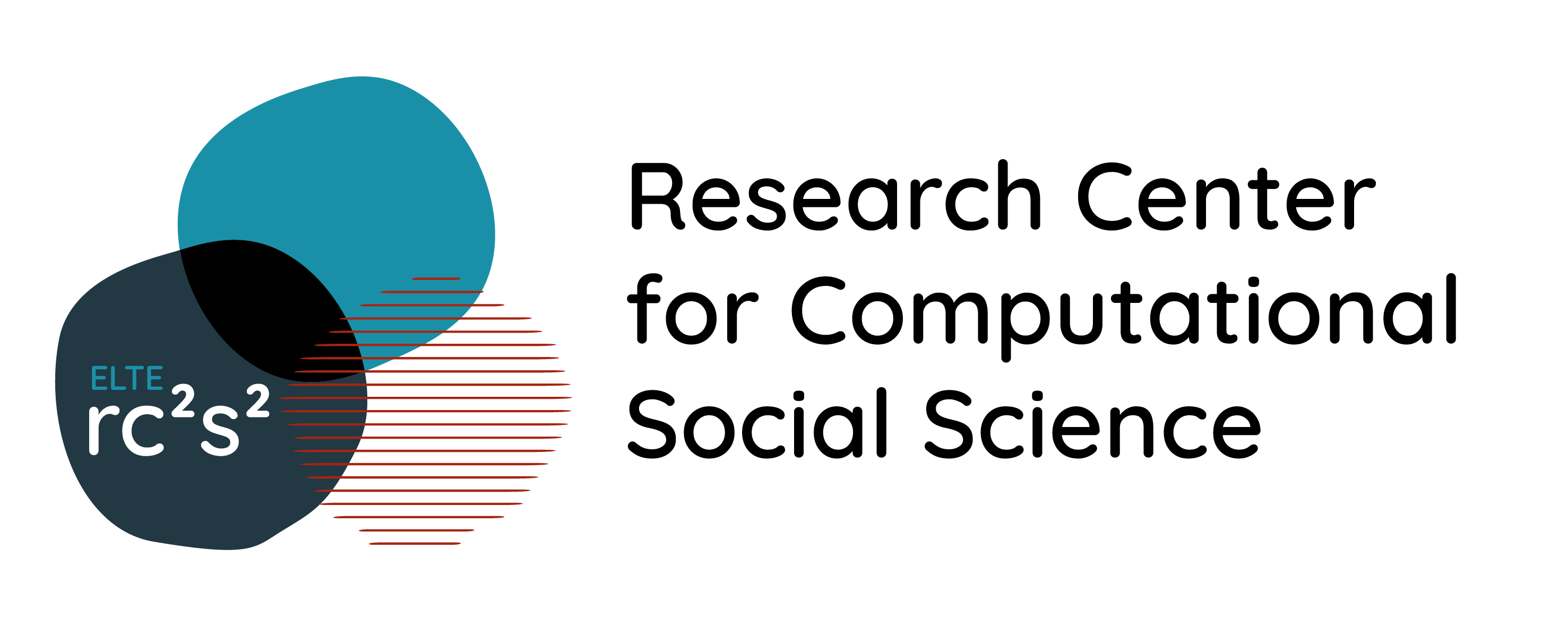This presentation reflects on the experiences of working with a group of students on an educational brochure entitled Using the Past to Define the Present: An Introduction to Memory Politics in Canada & Europe. Considering how to convey knowledge about commemorative practices in different national contexts to younger generations it became evident that this task requires new educational tools and approaches. The challenges that we encounter in producing the brochure with our team were manifold: First, we realized the emotive and cognitive distance to the memory of the 20thCentury that proves formative for older generations. Second, it became manifest how an overly scholarly approach easily alienates young audiences and how important it is to relate debates about collective memory and memory politics to the experiences of generation Z. Third, producing an engaging and meaningful educational tool meant experimenting with forms of engaged learning regarding different media and resources.
